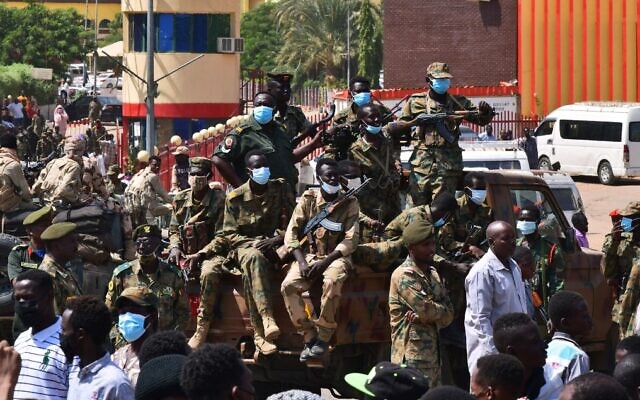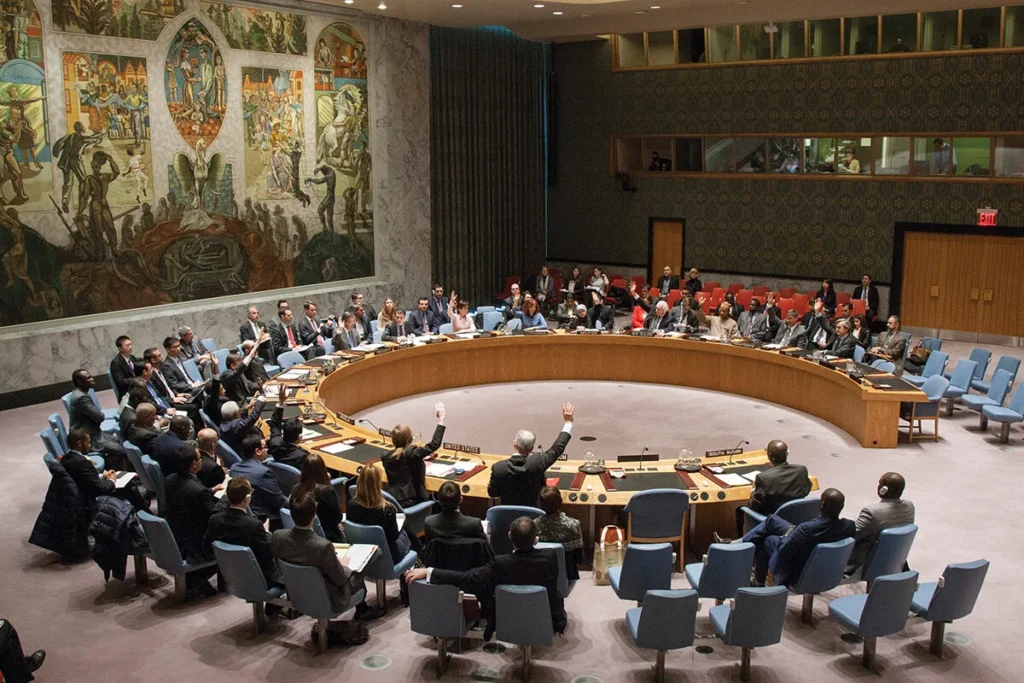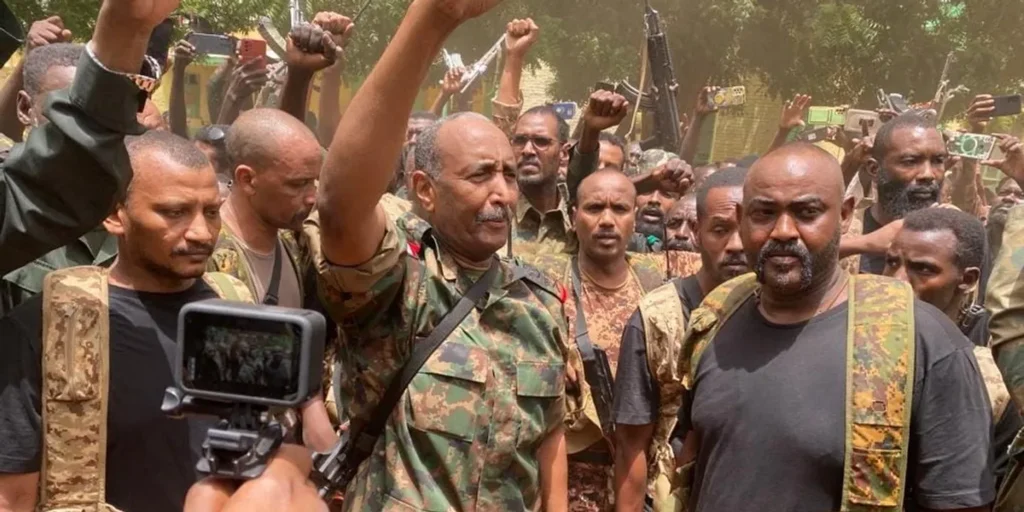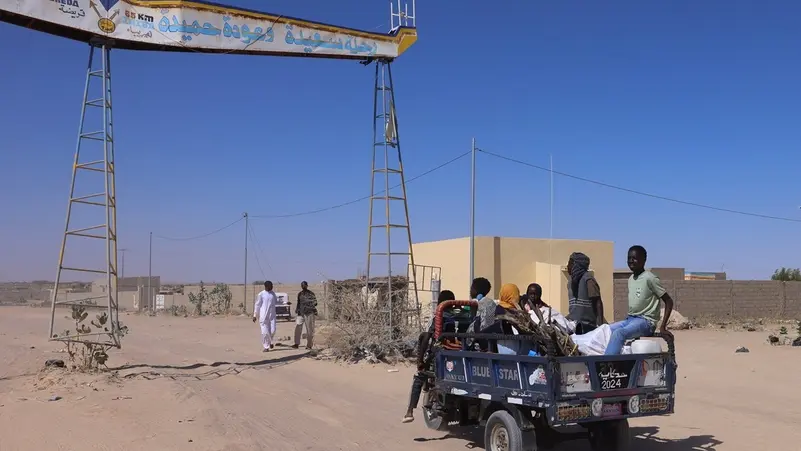
In recent days, Juba, the capital of South Sudan, has been engulfed in controversy and discontent as civilians lamented what they describe as unwarranted harassment during unannounced military raids on their homes and businesses.
Soldiers operating in the area claimed success in their operations, citing the seizure of a substantial cache of lethal weapons, including assault rifles, rocket-propelled grenades, and machetes.
However, amid these claims of triumph, a growing wave of grievances emerged from over 120 Juba residents, who formally lodged complaints with the Community Empowerment for Progress Organisation, a local NGO.
According to the organization’s leader, Edmund Yakani, these complainants recounted disturbing accounts of security forces storming their residences without prior notification, purportedly in search of weapons.
Furthermore, foreign nationals residing in Juba also voiced their distress, alleging mistreatment by troops who conducted intrusive searches of their vehicles and accommodations, Yakani disclosed in an interview with the BBC.
Responding to the escalating public outcry, an army spokesman issued an apology on Thursday. Maj Gen Lul Ruai Koang, representing the South Sudan People’s Defence Forces, conveyed remorse “to all those who were negatively affected by the exercise,” extending a special apology to members of the diplomatic corps, United Nations personnel, NGOs, and other dignitaries who experienced inconveniences during the raids.
The apology was posted on the army spokesman’s official Facebook page.
The unfolding situation in Juba has stirred concerns about the balance between security operations and civilian rights, prompting calls for transparency and accountability regarding the conduct of military actions within the capital.
The controversy underscores the delicate balance necessary for maintaining security while respecting the fundamental rights of civilians, raising broader questions about the ongoing security measures and their impact on the local population.




